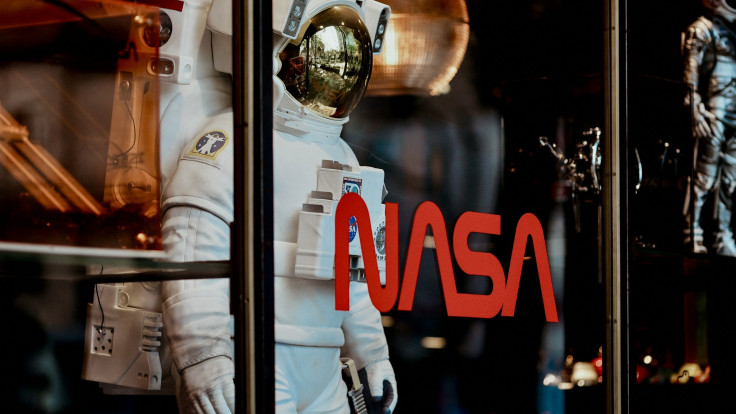Aliens Are Real, Says NASA Expert—And Their Silence Has a Chilling Reason
NASA expert explains alien silence: their signals are lost in the vast, noisy galaxy.

Aliens are almost certainly real. A NASA expert not only agrees but suggests their silence has a chillingly practical reason that has nothing to do with giant filters or a desire to hide.
Forget blockbuster invasions; the truth is far more profound and unsettling. We may be surrounded by life, but we are destined to be alone.
Why Has Nobody Answered Our Calls?
Over 70 years ago, physicist Enrico Fermi asked a simple, universe-altering question: 'Where is everybody?'. The logic is sound: our universe is ancient and contains countless stars. Life arose here, so it must have arisen elsewhere, likely millions or billions of times.
Given that cosmic timescale, advanced civilisations should have had ample time to colonise the entire galaxy, leaving signals or technological ruins everywhere. Yet, when we listen, we hear nothing but a cosmic hum.
A NASA Expert's 'Mundane' (And Chilling) Answer
An astrophysicist at NASA may finally have an answer to explain why aliens have been radio silent. In his recent paper, Dr. Robin Corbet claims extraterrestrial technology might not be as advanced as we imagine.
Corbet's 'mundane approach' suggests that while other civilisations exist, their technology isn't 'super-science'. They are not zipping between stars in flying saucers because, like us, they are constrained by the laws of physics.
Lost in Static: Why Their Messages Fail
If they cannot visit, why don't they call? Radio signals travel at the speed of light, but they also weaken dramatically over distance.
Even our most powerful broadcasts become indistinguishable from the galaxy's background noise before they even reach our nearest stellar neighbour. The galaxy is loud, filled with radio emissions from exploding stars and vibrating particles.
Any alien message, travelling for thousands of years, would be so weak and degraded by the time it reached Earth that it would be dead on arrival.
Dr Robin Corbet, a NASA scientist, has claimed that aliens might have stopped trying to contact humans due to boredom or lack of motivation.
— Eshani Verma (@eshaniverma809) October 16, 2025
The question of whether we are alone in the universe is a complex one that has puzzled scientists for centuries. While there's no… pic.twitter.com/1fQ8ugwpAq
The True Scale of Our Cosmic Isolation
This technological limit is compounded by the "chilling reason" for their silence: unimaginable scale. The Voyager 1 probe, travelling at 38,000 miles per hour, would need 75,000 years to reach the nearest star.
The Milky Way itself is 100,000 light-years across and contains hundreds of billions of stars. If a hyper-advanced civilisation colonised one million star systems, their vast empire would still occupy less than 0.001 per cent of the galaxy.
Fermi was likely right: we are not alone. But the cosmos is so vast, the stars so numerous, and the time so deep that we are rendered effectively alone. The chilling truth is that the universe is full of neighbours we can never talk to, separated by an ocean of silent, unconquerable space.
© Copyright IBTimes 2025. All rights reserved.





















